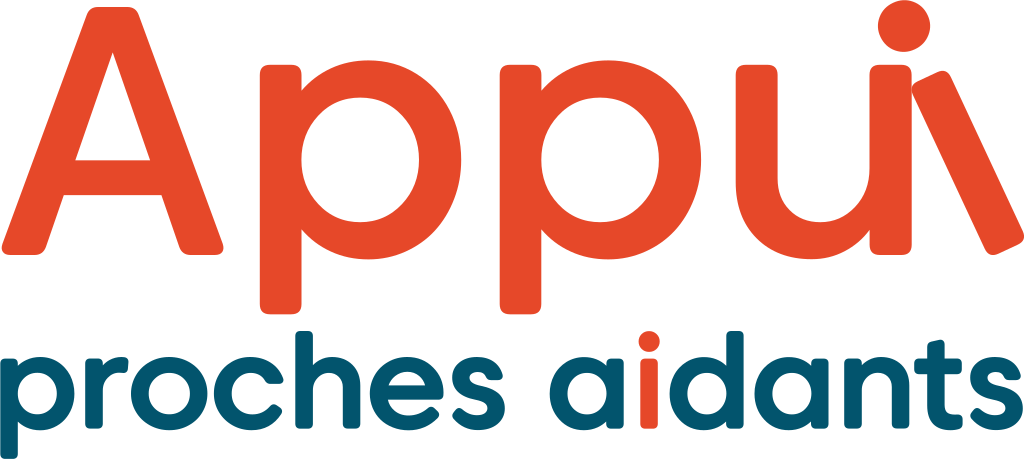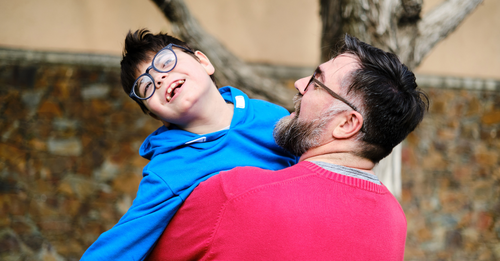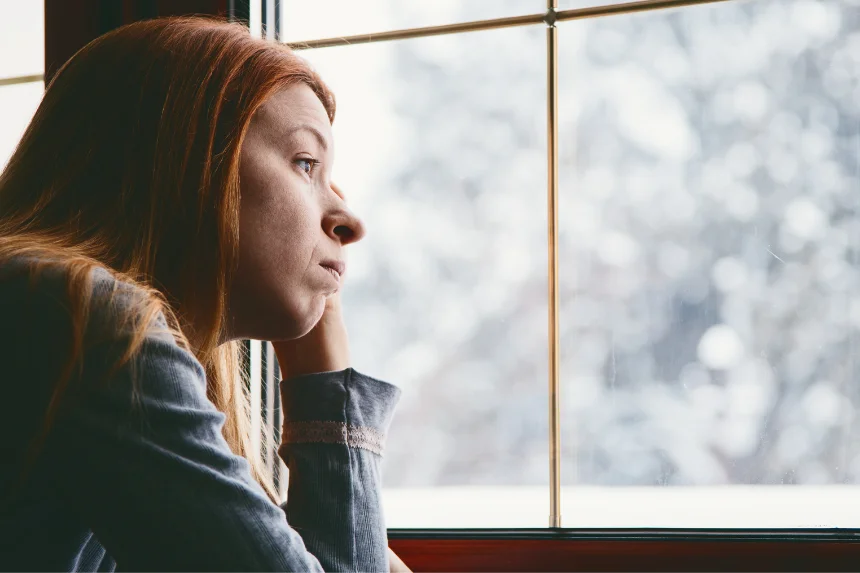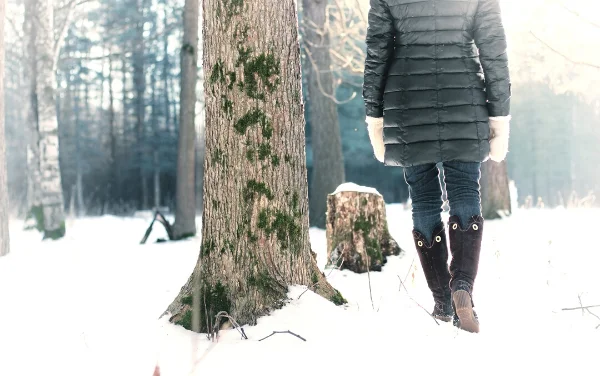Since the beginning of the activities for fathers, I have been in contact with about twenty of them. So I can’t generalize. However, from our discussions, I can see that fathers need quick answers. Social workers and public services are short of hands; they are already doing a lot and cannot do more. At L’Étoile de Pacho, the staff provide quick answers; we communicate with each other for that. We are there to respond to the needs and questions of families.
The recent campaign of the Regroupement pour la valorisation de la paternité (Group for the Valuation of Fatherhood) emphasized the help that fathers need. There is a concern about valuing the request for help. Now, are men comfortable with that? There is a connection with the stigma we just talked about. I’m a father myself and I subscribe to several discussion groups on Facebook on the subject of parenthood and family organization. It’s almost exclusively mothers who participate. There is openness, but there is still a long way to go… When we ask for help from those around us, we often turn to women, because they are considered more likely to accept. All this is changing. For a father, asking for help remains a challenge.








